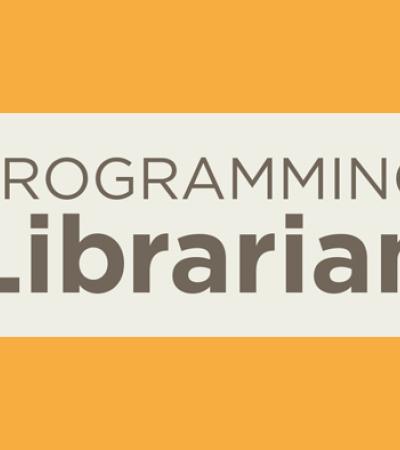ALA, in collaboration with the Center for News Literacy at the Stony Brook School of Journalism, has announced Media Literacy @ Your Library, a pilot program that will train public library professionals to teach their adult patrons to be better informed news consumers.

During the one-year pilot program (July 2017 to June 2018), ALA will work in collaboration with the Center for News Literacy to develop an online media literacy curriculum and corresponding resources.
“Public libraries are trusted, neutral institutions that are open to all, and they are uniquely positioned to help adults become better news consumers,” said ALA President Jim Neal. “ALA welcomes the opportunity to work with our partners and funders to pilot this important initiative.”
Five U.S. public libraries — selected through a competitive application process and representing a diverse range of communities — will pilot the learning series through a “train the trainer” approach, learning the skills they need to pass strong media literacy skills to their patrons.
Participating libraries will take part in an in-person workshop, create programs for their communities and help develop an online learning series over the course of the year.
Application information will be available in August 2017. To be notified when applications open, sign up for ALA's Programming Librarian newsletter.
Media Literacy @ your library is supported by the Knight Prototype Fund, an initiative launched by the John S. and James L. Knight Foundation, the Democracy Fund and the Rita Allen Foundation to address concerns about the spread of misinformation and produce ways to build trust in journalism.
“While trust in many institutions has wavered or eroded in recent years, libraries have remained trusted places where all kinds of people seek out information.” said Josh Stearns, associate director of Democracy Fund’s Public Square program. "Democracy Fund is excited to support the American Library Association’s effort to bring creative and engaging media literacy effort to local libraries."
A 2016 Pew Research Center report showed that the majority (64 percent) of adults get their news from a single website and that news consumers increasingly get their news by chance, rather than seeking out diverse sources. Limited and passive news consumption restricts exposure to varied perspectives and creates “information bubbles.”
Media Literacy @ your library is a project of ALA’s Public Programs Office.



